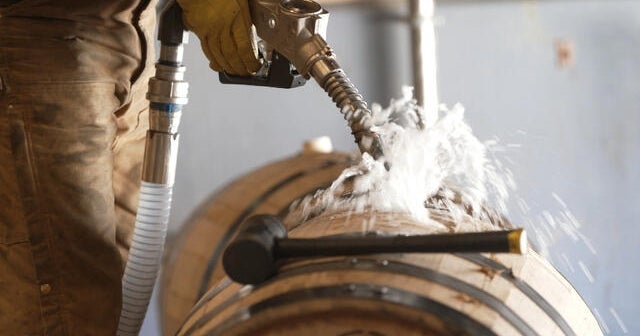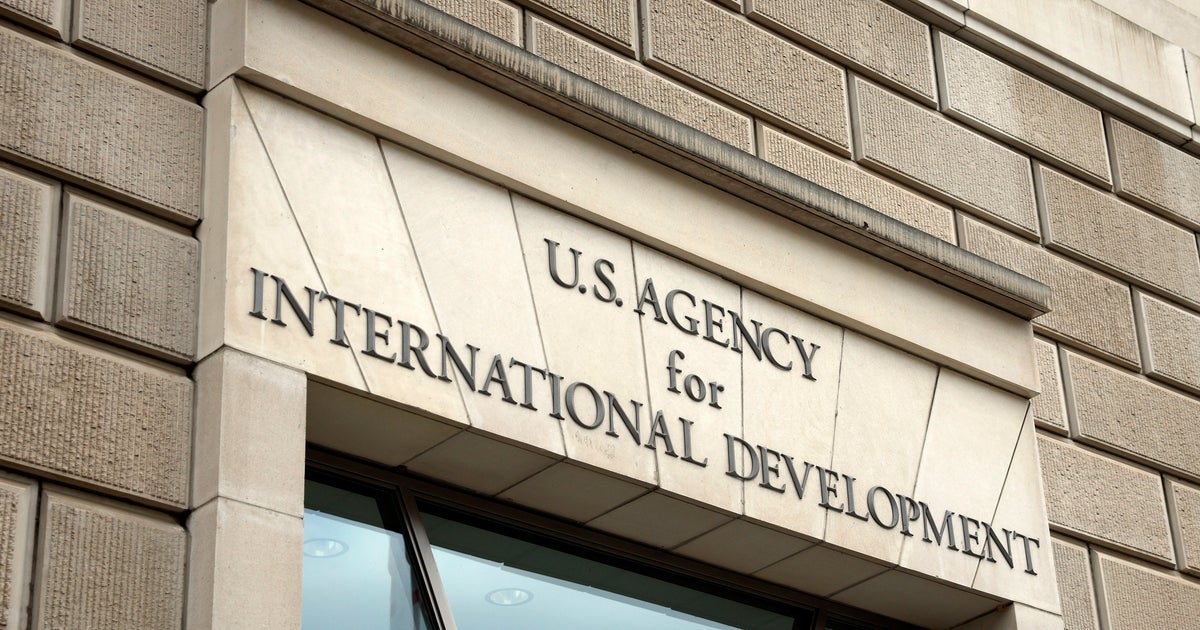The maker of an at-home cervical cancer screening test said Friday it has won approval from the Food and Drug Administration, giving patients an alternative to in-clinic pap smears.
The screening test, called Teal Wand, from women's health company Teal Health, is available for those aged 25 to 65 at average risk. It tests for human papillomavirus, or HPV, the virus that causes nearly all cervical cancers.
The approval comes after a study from the company confirmed self-collected samples using their device perform as accurately as clinician-collected samples.
Typically, a clinician-collected screening involves inserting a device called a speculum, which helps open the vaginal canal, in order for a swab to be inserted and brushed against the cervix to collect a cell sample. For some, pap smears are an uncomfortable but necessary part of health screenings. For others, it's an experience that makes them want to avoid a doctor's visit, putting them at risk of missing out on early detection.
Teal Health's study found 86% of participants thought they would be more likely to stay up-to-date with cervical cancer screening if they could do it at home, and 94% said they would prefer to self-collect at home if they knew it was accurate.
The at-home approval comes after the test was previously approved for self-collection in a healthcare setting. Other companies have been approved for the same.
Both self-collection and now the at-home option allow patients to get the benefits of screening in a way some may find easier.
"As a mom and a woman, I get how easy it is to put your own health last," Kara Egan, CEO and co-founder of Teal Health, said in a news release. "That's why this FDA approval means so much; it's not just about an innovative new product, it's about finally giving women an option that actually makes sense for their lives — something that can be done quickly and comfortably at home. Because when we make care easier to get, we help women stay healthy, for themselves and for the people who rely on them every day."
Teal Health said the kits will be available for shipping in June, starting in California and then expanding nationwide.
The company said it is working with major insurance providers on flexible payment options.
Getting an HPV vaccine in adolescence can greatly reduce the risk of developing cervical cancer later in life. CBS News chief medical correspondent Dr. Jon LaPook explains more about that in the video above.
Sara Moniuszko




